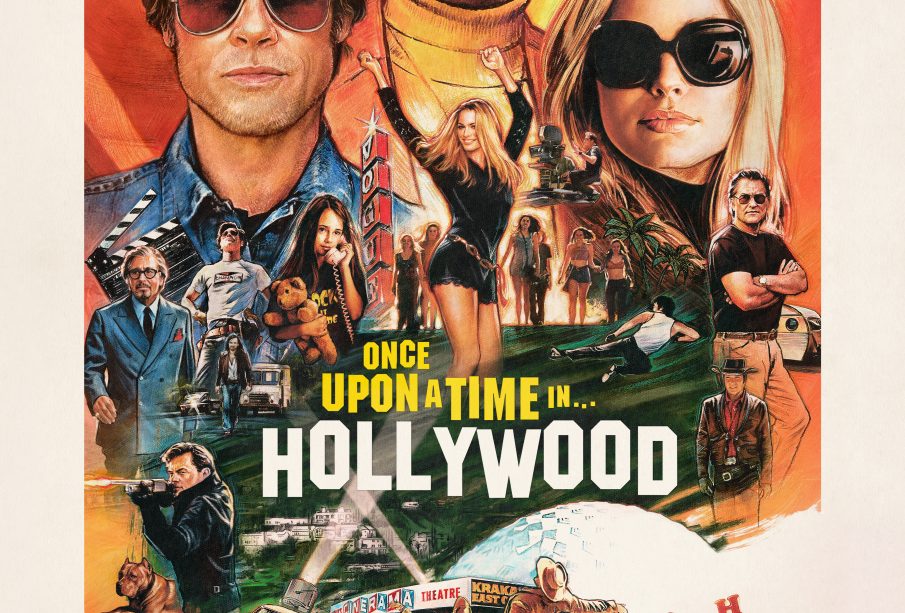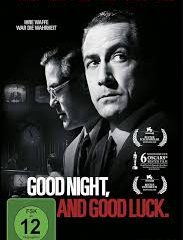Understanding the Significance of Once Upon a Time in Hollywood

Introduction
Quentin Tarantino’s ‘Once Upon a Time in Hollywood’ has become a focal point in discussions about contemporary cinema since its release in 2019. Set against the backdrop of 1969 Los Angeles, the film offers a nostalgic yet critical examination of the end of Hollywood’s golden era. Its relevance continues to resonate with audiences and critics alike, prompting conversations about filmmaking, nostalgia, and the cultural shifts within the entertainment industry.
Plot Overview
The film follows fading TV star Rick Dalton (Leonardo DiCaprio) and his stunt double, Cliff Booth (Brad Pitt), as they navigate a rapidly changing film industry. The narrative intertwines their personal and professional lives, offering a glimpse into the Hollywood landscape during a significant cultural upheaval. The film also features a poignant subplot involving actress Sharon Tate (Margot Robbie), who represents the dreams and tragedies that characterize the era.
Cultural Impact
‘Once Upon a Time in Hollywood’ received critical acclaim, praised for its screenplay, direction, and performances, which garnered multiple accolades including Academy Awards for Best Supporting Actor for Brad Pitt. The film’s meticulous recreation of 1960s Los Angeles and its nods to classic films and television shows highlight Tarantino’s profound love for cinema. Additionally, the film raises questions about the nature of fame and the ruthless evolution of Hollywood, particularly through the tragic fate of Sharon Tate.
Reception and Analysis
The film sparked diverse interpretations and discussions among film enthusiasts and scholars. Critics noted Tarantino’s storytelling techniques, blending fiction with historical events, and his commentary on the male-centric narratives prevalent in Hollywood. The movie’s bifurcation between reality and fantasy reflects a longing for a simpler past, while also confronting the darker aspects of the industry’s history.
Conclusion
As audiences continue to reflect on ‘Once Upon a Time in Hollywood’, its significance within the modern cinematic landscape cannot be overstated. It serves both as a tribute to the bygone days of cinema and as a critical lens through which to view the industry’s evolution. The film invites viewers to consider the legacies they uphold and challenges the glorification of an era that was not as idyllic as it seems. As Tarantino’s work often does, it leaves audiences pondering the future of Hollywood and the stories that remain to be told.





